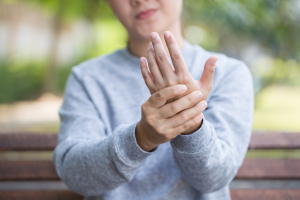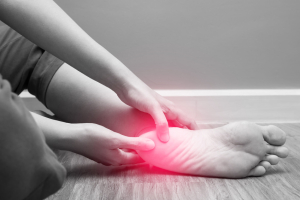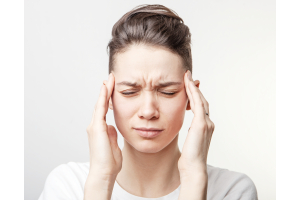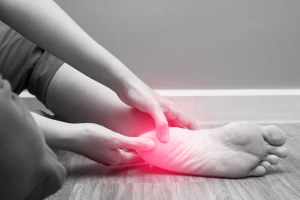
Effects of Chronic Pain on the Quality of Life and How You Cope

It is estimated that one-fifth of the global population, which is roughly 1.5 billion people, suffer from chronic pain (CP). Unlike acute pain, chronic pain lasts for more than 12 weeks and can arise even in the absence of injury.
Musculoskeletal pain, such as lower back pain and severe arthritis, are the most common causes of chronic pain. Fortunately, patients can use MagniLife nerve pain relief cream to alleviate the pain. Chronic pain can also affect other areas of one's lifestyle, thus impacting overall quality of life.
In this article, you will find out how chronic pain affects a person's overall quality of life and how to cope with it in addition to using back pain relief products.
Mental and Emotional Health
The effects of chronic pain on the body go well beyond the physical anguish by also causing emotional and mental distress. CP is associated with an increased risk of major mental conditions such as post-traumatic stress disorder, anxiety, and depression.
This is because the pain and stress signals that are continuously sent to the brain heighten the patient's perception of the pain as well as the threat level. To put it into perspective, 7% of the general population in the U.S. experience depression and 18% experience anxiety. However, with fibromyalgia patients, the numbers are 62% and 56%, respectively.
Chronic pain can lead to depression, which in turn can cause chronic pain, thus initiating a vicious cycle. It is normal for your emotions to run high when you're in pain, but if they seem to consistently fluctuate, deliberate action is necessary. A nerve pain relief cream to help soothe sudden bursts of pain can indirectly help tackle these other effects of chronic pain.
Self-Esteem
Chronic pain tends to come with limitations on body movement. As such, individuals are unable to perform tasks that they carry out normally for work or even leisure. As these limitations affect your day-to-day abilities, negative thoughts of weakness may creep in affecting one's self-esteem.
It is normal to experience reduced performance because of chronic pain. However, it is not a reason to look down on yourself. One of the best ways of addressing this is by talking to a therapist or joining a pain support group. You can squash the negative thoughts by talking to people who are in the same position and those who managed to overcome it.
You should also try to find other activities that you may enjoy that are not strenuous. This will help rebuild your confidence and self-worth and the added joy will supplement the effects of your joint pain relieving cream.
Relationships
One of the biggest challenges of chronic pain is the toll it takes on relationships. For family and friends, it is difficult to watch a loved one always in pain. Also, the inability to contribute financially, assist with household chores, participate in family activities and engage in intimacy can affect relationships.
If the spouse is sympathetic or they are just overwhelmed by the added responsibility, the marriage and family can crumble. As such, partners need to communicate openly and find a way to support each other. Even if you are unable to do the heavy lifting, identify the tasks that seem easy but are essential and assist with those.
For the new dynamic to work, self-care for both spouses is essential. The afflicted spouse should always use nerve pain relief cream as it can help ensure they are in a sociable mood. To avoid compassion fatigue, the caregiver spouse should also schedule some alone time to rejuvenate. It is also important to set aside time for you and your spouse to reconnect and strengthen your bond.
Living with Chronic Pain
Chronic pain affects a person physically, emotionally, and mentally, all of which can cause them to look down on themselves. However, it doesn't mean they cannot enjoy life anymore. The key to dealing with CP begins with a positive mindset and finding new ways to alleviate the pain.
These ways include using a nerve pain relief cream, learning meditation or deep breathing to help you relax, and identifying new physical activities to try out as the natural endorphins also help with the pain.






